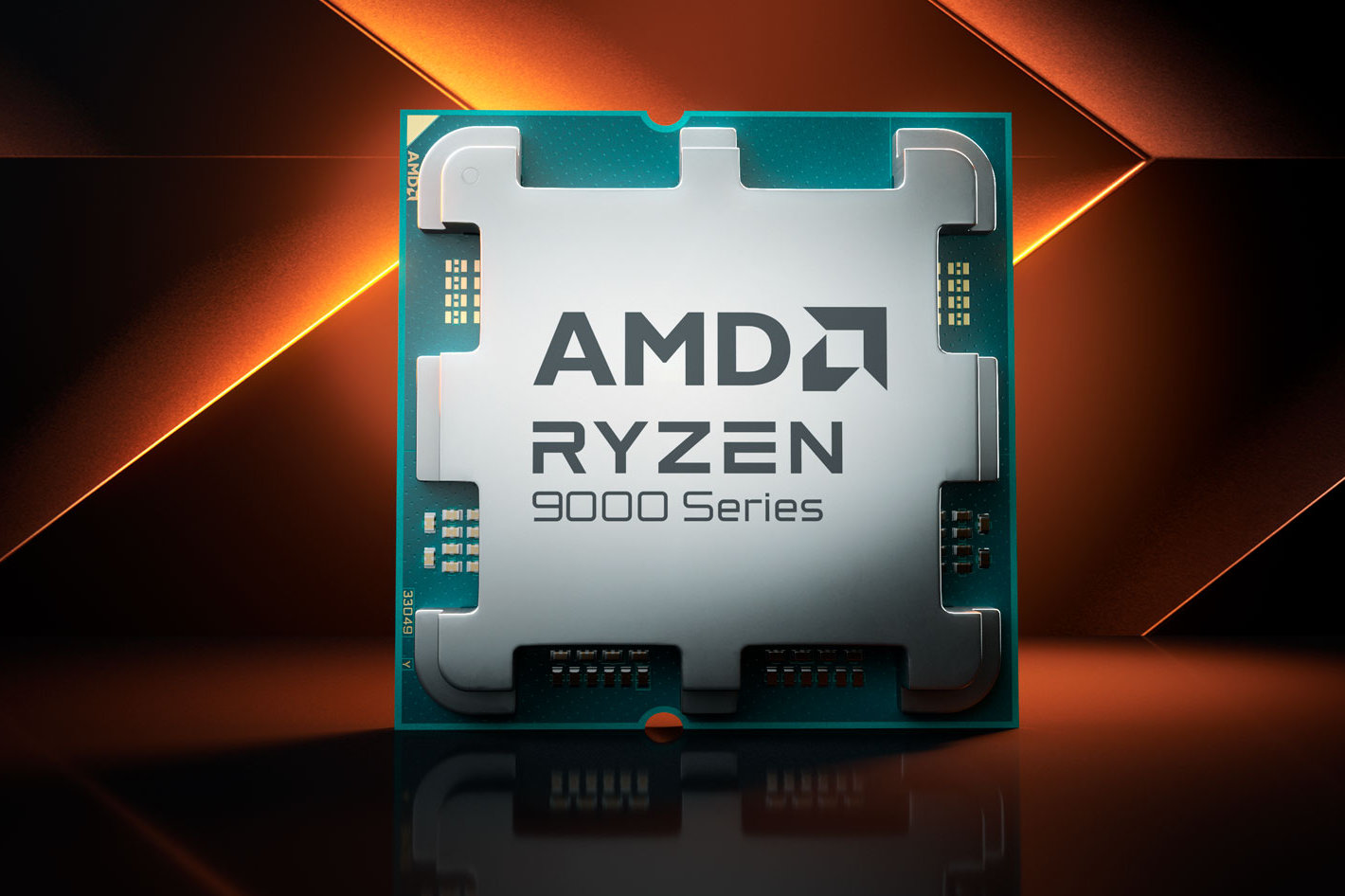
During Computex 2024, AMD announced what the company says is “a groundbreaking series of next-generation architecture and products aimed at ushering in a new era of AI experiences.” AMD is introducing new AMD Ryzen AI 300 Series processors with, again according to the company, “the world’s most powerful Neural Processing Unit (NPU) for next-gen AI PCs that pave the way for a future full of AI-infused computing directly on your laptop.”
AMD is also introducing next-gen AMD Ryzen 9000 Series processors for desktops, further solidifying, the company adds, its position as a leader in performance and efficiency for gamers, content creators, and prosumers. These new processors add to a broad portfolio of products powering AI in the cloud, edge, client and beyond.
AMD Ryzen AI 300 Series processors are Copilot+ ready, opening new worlds of AI experiences on next-gen AI laptops. Built on the new AMD XDNA 2 architecture, this new NPU offers 50 TOPS of AI processing power (AMD’s own testing), surpassing Copilot+ AI PC requirements, with three times the AI engine performance of the second generation of AMD Ryzen AI.


Powered by new “Zen 5” architecture, these processors come equipped with up to 12 high-performance CPU cores with 24 threads and 50% more on-chip L3 cache memory over previous gen “Zen 4” processors for thin and light laptops. With advanced AI architecture and supercharged performance for elite gaming and productivity, the third gen Ryzen AI Series enables the ultimate in private, responsive, and intelligent laptop computing.
For desktop PCs, the new AMD Ryzen 9000 Series desktop processors represent a significant step forward, according to AMD, “offering users cutting-edge computing power and reliability. Built on the latest “Zen 5” architecture, AMD Ryzen 9000 Series desktop processors deliver an impressive average 16% better IPC performance compared to the prior generation of Ryzen processors’ “Zen 4” architecture, with the top-of-the-line Ryzen 9 9950X delivering the fastest consumer desktop performance in the world.”
“We are so excited to introduce the Ryzen 9000 series, the world’s most powerful desktop processors for gamers and creators, and the 3rd generation AMD Ryzen AI processors, which provide leadership AI and compute performance for ultrathin and premium CoPilot+ PCs,” said Jack Huynh, senior vice president and general manager, Computing and Graphics Group at AMD. “The AMD Ryzen AI 300 series processors push the limits on what’s possible featuring the fastest APU performance , the world’s most powerful NPU with 50 TOPs, and the world’s first block floating point NPU doubling the performance of 16-bit applications without sacrificing accuracy.”
The Socket AM5 motherboard family needed for the new processors features two new chipsets. Designed to seamlessly integrate with AMD Ryzen 9000 Series desktop processors, the new AMD X870E and X870 chipsets boast support for the latest technologies such as PCIe 5.0, DDR5, USB4, and WIFI7. Socket AM5 platforms are built to last, with support through 2027 and beyond.
These new chipsets feature USB4 as a standard feature and are also designed to support even faster DDR5 memory overclocking with AMD EXPO Technology. Both the X870 and X870E feature 44 total PCIe lanes and direct-to-processor PCIe 5.0 NVMe connectivity for the ultimate transfer speeds. The X870E is differentiated with 24 PCIe 5.0 lanes, with 16 lanes dedicated to graphics. When PCe 5.0 direct-to-processor storage and graphics care are enabled at the same time, the X870E offers twice the bandwidth of competing platforms.
AMD also announced the AMD Radeon PRO W7900 Dual Slot workstation graphics card. It is optimized for high-performance platforms supporting multiple GPUs, delivering up to 38% better performance-per-dollar in Llama 3 70B Q4 than the competitive offering, AMD claims, with the ability to fit the 70B parameter model on a single GPU framebuffer. Empowering developers to conduct AI development locally, it is ideal for ultra-high-performance AI workstations while keeping sensitive data in-house. AMD also announced AMD ROCm 6.1 for AMD Radeon GPUs to make AI development and deployment with AMD Radeon desktop GPUs more compatible, accessible, and scalable. It supports up to four qualified AMD Radeon RX or Radeon PRO GPUs, offers beta support for Windows Subsystem for Linux (WSL 2), allowing users to run Linux-based AI tools on a Windows system, and more. AMD Radeon PRO W7900 Dual Slot graphics cards and AMD ROCm 6.1 are expected to be available beginning June 19, 2024.


